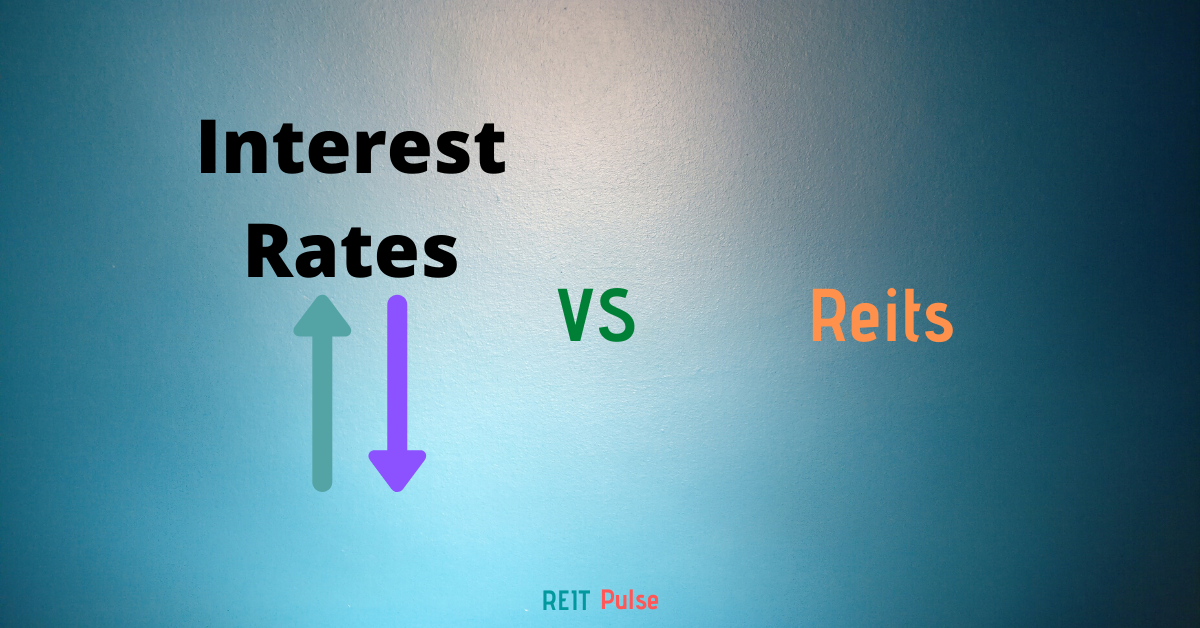
With the development of COVID-19 affecting the global economy, many countries and industries have taken a hit. Some with a greater impact and some affected less. The REIT industry itself is affected. To those who have invested in REITs prior to the pandemic will notice their portfolio declining. Why is that so?
With measures such as the circuit breaker (CB) in Singapore and Movement Control Order (MCO) in Malaysia, the tenants are suffering having no income to cover the rental expenses. To curb this, some REITs even begun giving waiver of rent during these periods. The government have even stepped in to take various measures to help revive the economy as well as to provide support to the local business.
Measures taken differs from countries to countries from a reduction in interest rates, bailouts, and other stimulus packages. One of the measure we would like to discuss today is on the interest rate. Some of the recent news in the region in 2020 that would have caught your attention would be the measure by Bank Negara Malaysia lowering its overnight policy rate by 25 basis points to 2.5 per cent in March 2020 and subsequently lowering it further by 50 basis points to 2 per cent in May 2020.
The question is how does the lowering of the interest rates affect REITs. Better yet, how does interest rates affect REIT in general. In this article today, we will be discussing more on this topic.
Run Through on REITs
Before we begin discussing more on how interest rates affect REITs, let us give you a quick run-through on some pointers on REITs. This will help you understand the next few points better. For those who are not familiar with what REITs are. They are basically a trust that holds a pool of real estate assets by collecting rental income from tenants.
- They are well regulated with a leverage limit cap at 50% in Malaysia and 45% in Singapore (with a recent announcement to increase the limit to 50%).
- REITs have to distribute 90% of taxable income as unqualified dividends to avoid paying corporate taxes.
This would mean that REITs are not able to retain much of their earnings with 90% of the earnings being distributed. In order to grow, there would have to rely on borrowings and equity capital from investors. Which is subject to a regulatory limit.
Interest Rates on Borrowing Costs
Financing through borrowings is subject to interest expense which is correlated to the interest rates environment of that country. Higher interest rates increase a REIT’s cost of debt and make it incrementally harder to achieve profitable growth.
It will be hard to increase the yield of a REITs through debt financing at an interest rate of 5% as compared to a rate of 3%. To make an acquisition or refinancing lucrative, the REIT manager will have to ensure that any new acquisition has a high yield to offset the interest expense.
Likewise, a lower interest rate will make it cheaper for REITs to raise finance via debt financing. However, this will again be subjected to the leverage limit cap.
Another area investors can look at when evaluating their REIT is the nature of interest rates. Is the interest rates fixed-rate or variable-rate? Most REITs borrowings are fixed-rate in nature which are only subject to the interest rates impact upon the refinancing at the end of the tenure. Borrowings which are variable in nature, on the other hand, would be affected by the ups and downs of the interest rate.
Interest Rates on Dividend Yield
The next area we would look into is the dividend yield. Bear with us that all this point is interlinked between one another. One of the few reasons why REITs are attractive to investors is due to the high dividend yield. On average, REITs would give a yield between 5% to 7%. Which is a pretty decent return in a low-interest environment.
However, in times of rising interest rates, REITs will then have to compete for new capital such as bonds, fixed deposits account and etc.
Looking into Malaysia context, the interest rate was at a high of 3.5% and above 5% for bond yield before the subprime crisis. Bonds and instruments such as fixed deposit are perceived as a relatively stable investment compared to REITs. REITs investors may be inclined to sell their shares if rates rise because they can now achieve similar but less risky yields elsewhere.
Positive and Negative Aspect of Interest Rates Hike and Cut
The question now is how does interest rate affect REITs in terms of the share price. It is not a straightforward answer. What we will do here is to throw in some pointers for your thoughts.
Rising Interest Rates
Positive Aspect
- Interest rates increases were often accompanied by stronger growth in the economy and in the real estate industry.
- Greater earnings are expected which is more than enough to offset the higher interest expense.
Negative Aspect
- Higher borrowing cost makes it harder to find lucrative acquisitions.
- REITs which has borrowings which are variable in nature will be adversely affected with increase interest expense. Which in return reduces their earnings.
- Higher interest rates result in investors having options in other less risky instruments while getting a decent yield.
Declining Interest Rates
Positive Aspect
- Borrowing costs are cheaper to raise capital for further acquisition. This would help grow the REITs earnings.
- Declining interest rates will attract investors looking for a higher-yielding asset with other instruments giving a low yield.
Negative Aspect
- These measures are usually taken in a slow-growing economy to help stimulate the economy. Just look at the current COVID-19 pandemic, many countries have started cutting interest rates. This in return will take a toll on the earnings.
Summary
Due to the nature of REITs, these asset class are highly leveraged. This result in a closer relationship with interest rates changes compared to other asset class. REITs are less attractive as compared to other risks free financial asset during interest rate rise and likewise when rate fall. At least theoretically.
As an investor, it is also important to understand the business fundamentals and reasoning behind every economic measure implemented. Though an interest rate cut appears to be appealing with low cost of borrowing and better yield investment, it also means that the economy is declining for the government to bring in such measure. It is then important to understand how this measure and how the current economic condition affect REITs.
Hopefully, this would help you understand more about how interest rates affect REITs. Let us know what you think. If you are just getting started, do keep up with us as we will be occasionally sharing more on REIT Guide and REIT Analysis.
Do join our community over at Facebook and Instagram.








3 Comments